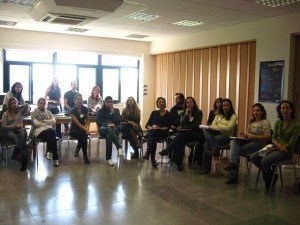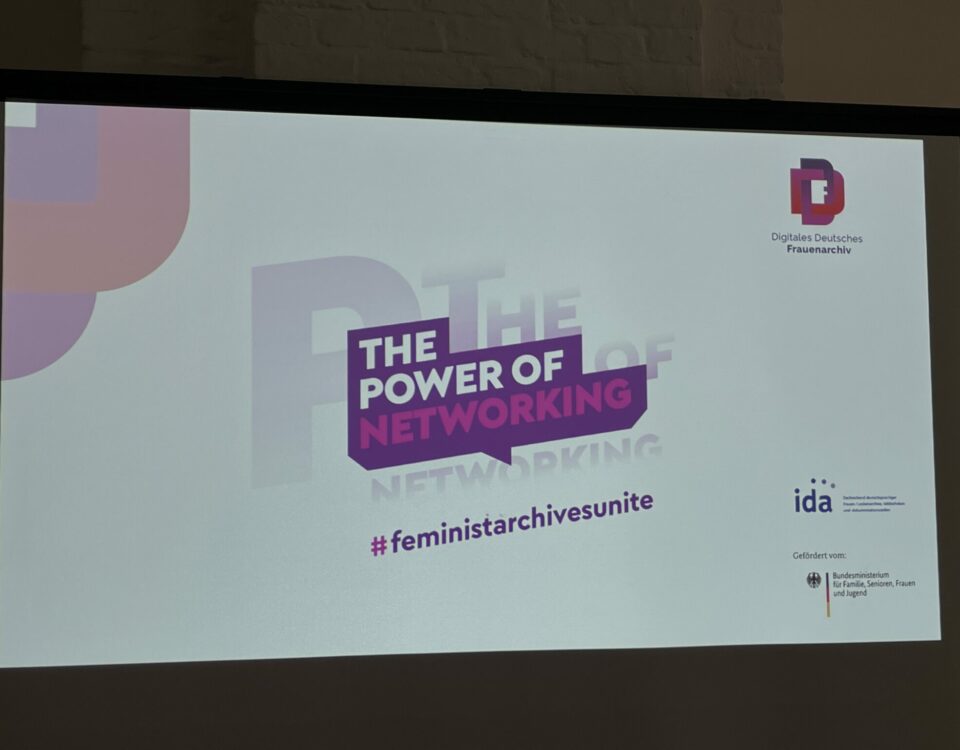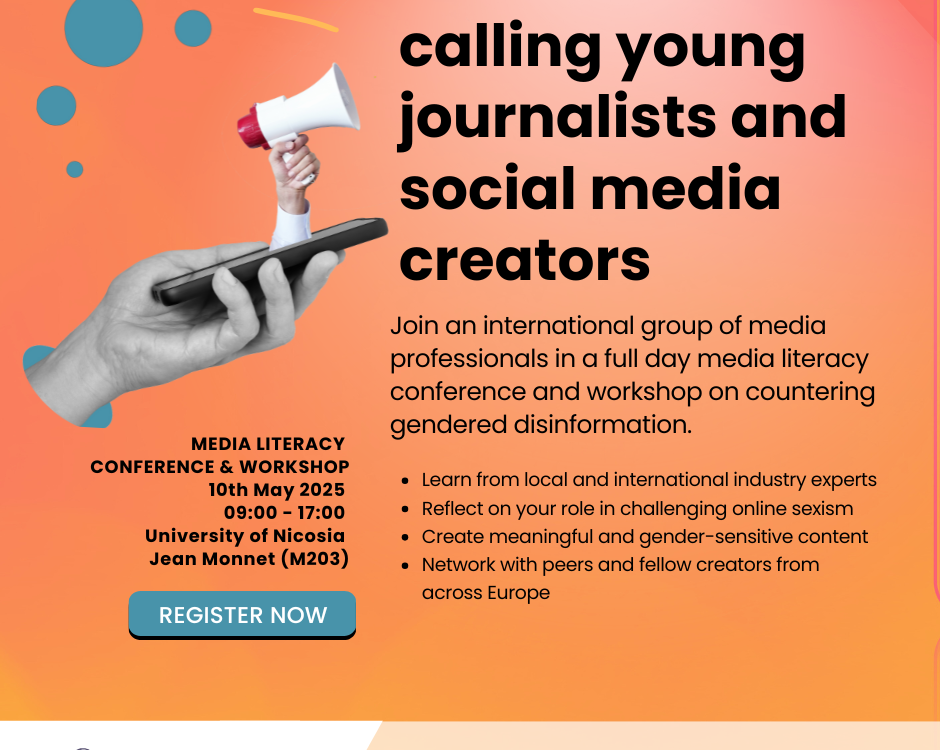Youth4Youth Final Conference and Workshop

Youth4Youth Student Exhibition to End Gender-based Violence
March 27, 2012
Youth4Youth Peer Education Training Workshops
April 26, 2013The Final Conference and Workshop of the project ‘Youth4Youth: Empowering Young People in Preventing Gender-based Violence through Peer Education’ was organized in collaboration with the Cyprus Pedagogical Institute [CPI] on the 9th of March 2013 at the premises of the CPI in Nicosia. The conference and workshop was attended by approximately 40 secondary education school teachers, as well as members from the Office of the Cyprus Commissioner on Children’s Rights.
The Conference started with welcoming addresses from Ms Susana Elisa Pavlou, MIGS Director and Ms Paulina Hadjitheodoulou-Loizou, Head of the In-service Training Department at CPI.
Following these, Dr Mary Koutselini, UNESCO Chair on Gender Equality and Women’s Empowerment at the University of Cyprus gave a key-note presentation on gender equality within the Cypriot context paying particular attention to the deficits in representation of women in decision-making positions, violence against women, as well as the educational policies that are in place in order to promote more equitable participation of women and girls within educational institutions at all levels.
Ms Georgina Christou, Project Coordinator of the ‘Youth4Youth’ Programme, gave an overview of various studies undertaken on gender-based violence (GBV) and adolescents focusing on the European and Cypriot contexts. She also presented the aims and objectives ‘Youth4Youth’ project as well as the activities undertaken within the framework of the project.
Ms Margarita Kapsou, Main Researcher for the Youth4Youth project, presented and discussed the research results of the study undertaken in Cyprus that explore the links between adolescents’ attitudes in relation to gender roles and stereotypes and their level of tolerance toward GBV. She confirmed that the research results demonstrated a clear link between negative gender stereotypes and tolerance towards gender-based violence among adolescents. Furthermore, it was evident from the research results that boys maintain more conservative attitudes toward gender stereotypes and violence than girls in all countries examined. The research results also indicated that psychological violence in intimate relationships is more tolerated than physical and/or sexual violence, with the former often justified or confused with expressions of love and/or concern for one’s partner. Another important finding is that there is a strong tendency to place the responsibility for the violence on the victim, a phenomenon known as ‘victim blaming’. Ms Kapsou concluded her presentation with a number of recommendations, emphasizing the importance of the research results in policy formulation in relation to gender equality education and prevention of GBV.
The final speaker was Ms Maria Chrysanthou, a teacher at the GC School of Careers, a private secondary school that participated in the Youth4Youth Programme. Ms Chrysanthou focused her presentation on the experience in implementing the Youth4Youth training programme with her students. She emphasized the positive impact of the programme in challenging the perceptions of young people in relation gender roles and stereotypes, particularly those held by boys. She also talked about the importance of the peer education methodology as a tool for encouraging students to take an active role in preventing and combating GBV. Ms Chrysanthou also confirmed that the Youth4Youth has had positive multiplier effects and inspired her students to take further action against GBV within and beyond their school.
The conference was then followed by two simultaneous workshops for teachers aimed at presenting the training manual produced within the framework of the Youth4Youth programme. The training manual includes a number of exercises that have been tested through a series of workshops undertaken in secondary Cypriot schools with the context of the ‘Youth for Youth’ program as well as theoretical parts on how gender stereotypes are constructed and the extent to which GBV affects the adult and youth population in particular
The workshops were conducted by Ms Stalo Lesta, Peer Education Trainer for the Youth4Youth project, and Ms Georgina Christou. The sessions began with a general overview of the Youth4Youth training manual including its aims and objectives, the use experiential and participatory learning methods, the benefits of the Youth4Youth methodology, and a discussion on the peer education methodology and its effectiveness in empowering young people to take an active role in their communities. The trainers then gave a detailed presentation of how the Youth4Youth programme works in practice, and how to implement the programme in one’s school. Finally, tips were given on how to deal with the identification and/or disclosure of gender based violence while implementing the Youth4Youth programme.
Subsequently, a number of exercises from the manual were implemented so that the participants could experience how the exercises work in practice, what problems may arise, as well as what logistical and other arrangements they will need to consider for the implementation of non-formal education methods in their schools. All the teachers actively participated in the activities and in-depth discussion took place on the lessons learned and how best to ensure that the objectives of each activity are reached.
During the conference and workshop a number of deliverables from the Youth4Youth Programme were disseminated to all participants including the Youth4Youth Training Manual in electronic format, as well as the Youth4Youth awareness raising booklet entitled ‘Violence in Relationships: Myths and Realities’, which aims to sensitize and inform young people on gender roles and stereotypes, forms and extent of GBV with a focus on young people, the role of men and boys in combating GBV, useful resources on GBV, as well as organizations and helplines accessible to young people
Blog – 23/4/2013




